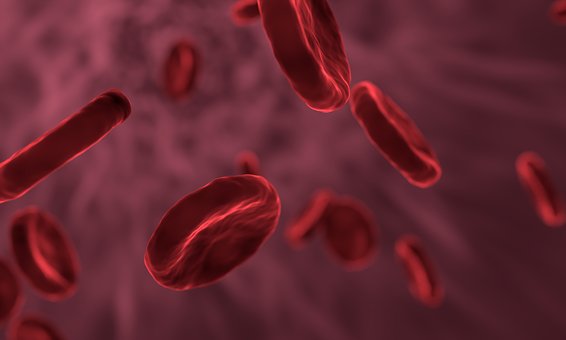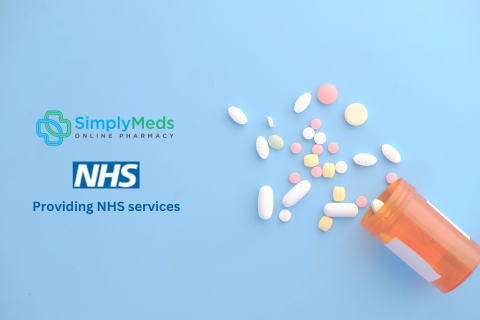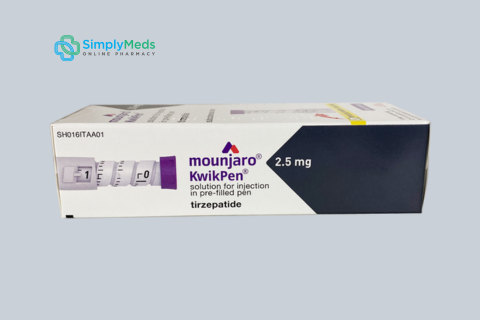How Will Malaria Affect Us In The Future?
Apr 18, 2015
Malaria
Malaria is a pretty resilient infection and up to now has evaded doctor’s attempts to produce a vaccine. Presently treatment involves taking malaria tablets before, during and after your trip. Modern treatments are much better and the side effects of the drugs are less worrying than in the past.
But malaria still remains a serious illness which affects large numbers of people and effective an treatment still needs to be found. The only mosquito that spreads Malaria is the female Anopheles genus variety. They carry the Plasmodium parasite which causes the disease. The disease spreads every time the mosquito bites another person.
Malaria cells multiply in the liver and the red blood cells eventually resulting in the body shutting down. It seems that its effect on red blood cells may provide the solution to preventing Malaria. People with Sickle Cell anaemia are resilient to Malaria which is the diseases only redeeming feature. Sickle cell anaemia changes the haemoglobin in the blood making catching malaria impossible.
People with Sickle Cell Anaemia are really bad hosts because their blood is not good enough to allow the parasite to multiply. (Source: WHO). Is the answer to the problem of malaria in our haemoglobin?
What Damage Does Malaria Do To Us?
Malaria is a tropical disease with the riskiest areas being; Africa, Asia, Central and South America, Haiti and the Dominican Republic, Parts of the Middle East and some Pacific islands. A female mosquito transmits the Plasmodium parasite into the bloodstream when they bite you. The parasite multiplies in the liver and blood cells causing major damage to the systems in the body.
Symptoms include; fever, sweats, chills, headache, sickness, painful muscles and diarrhoea. In worst cases, people suffer brain damage and die. The disease can lie dormant between six months and a year if symptoms resurface a long time after your trip you must visit your doctor. Traditional treatment involves Tetracycline antibiotics which are a cheap effective way to prevent Malaria.
Modern versions of this treatment are much more user-friendly and avoid some of the more distressing side effects suffered in the past. Antimalarials containing Malarone and the most up to date treatments. There are hardly any side effects and they are very easy to take. At the moment there is no vaccination for Malaria so preventing the disease is vitally important.
Here are the following ways you can prevent a mosquito from biting you while you are away; sleep under a mosquito net, use insect repellent and wear loose clothing with long legs and sleeves.
Never underestimate how dangerous malaria actually is.
What Is Sickle Cell Anemia?
Sickle Cell Anemia is a genetic condition affecting the haemoglobin in the blood. It causes the red blood cells to be a sickle shape which blocks blood vessels causing organ damage and pain. The sickle shape affects the way oxygen interacts with different organs in the body. This results in organ damage and disability in the sufferer. Symptoms include; anaemia, fatigue, pain, inflammation, infections, lung and heart damage, leg ulcers, impaired vision and bone reduction.
People who have Sickle Cell Anemia have a shorter lifespan than those without. We assume that it is a ‘black person's’ disease because it is most common among black communities it is actually a disease that affects all races. At the moment doctors can only treat the symptoms of anaemia and provide pain management.
People who have sickle cell anaemia in their families can access genetic counselling to prevent passing on the disease to their offspring. The only benefit of having Sickle Cell Anemia is its resistance to Malaria. The sickle shape cells are not a good host for a parasite to multiply in so it dies pretty quickly. (Source: MedicineNet.com) At the moment people with Sickle Cell Disease are the only ones immune to Malaria but it is a possibility that scientists will be able to use the information to produce a vaccine.
What Happens Next?
At the moment developing a vaccine and treating malaria is a challenging process. Scientists know what causes the condition and how it is possible to destroy it but they have many factors that make producing a vaccine difficult.
First of all the parasite becomes resistant to antibiotics, secondly, the treatment that stays in the red blood cells is expensive and very temporary. Eliminating the condition is certainly a huge challenge for scientists who have restricted budgets, large populations of people and pesky mosquitos to deal with. At the moment and for the foreseeable future traditional ways to prevent Malaria are the only way we can fight the disease.
To review and purchase Malaria treatment please click here.

















































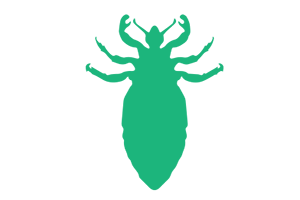












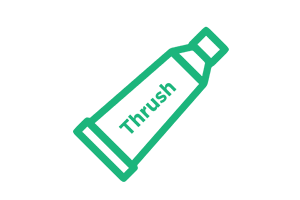










 Account
Account











